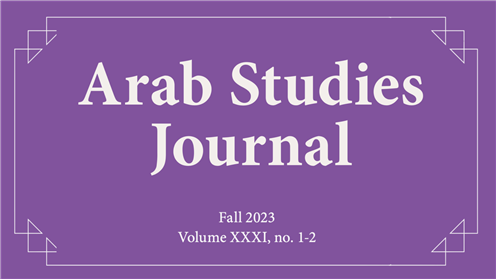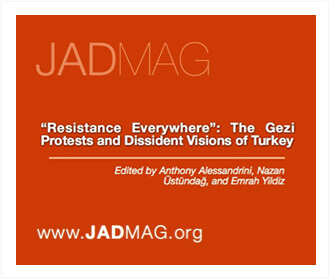Humanism in Ruins is a significant, courageous, and timely book. The argument regarding the connections between what Aslı Iğsız calls “segregative biopolitics” (that is, racialized techniques of population management), liberalism, historicism, eugenicist thinking, and enlightenment and ..
Sadia Abbas
Sadia Abbas is an associate professor of postcolonial studies at Rutgers University-Newark, where she also she directs the multi-media and multi-disciplinary series, “Postcolonial Questions and Performances.” She specializes in postcolonial literature and theory, the culture and politics of Islam in modernity, early modern English literature, and the history of twentieth-century criticism. She is the author of At Freedom’s Limit: Islam and the Postcolonial Predicament (Fordham, 2014) and novel The Empty Room (Zubaan Books, 2018), as well as numerous essays on subjects including Jesuit poetics and Catholic martyrdom in Early Modern English poetry, neoliberalism and the Greek debt crisis, Pakistani art, the uses of Reformation in contemporary Muslim thought, and Jewish converts to Islam and treatments of subjectivity in contemporary theorizations of Muslim female agency. She is currently completely completing a co-edited (with Jan Howard of the RISD museum) volume on Shahzia Sikander’s art and working on a book, Space in Another Time: An essay on Ruins, Monuments and the Management of Modern Life, which explores the paradoxes of philhellenism, compares and connects the archaeological situation in Greece to the Indian Subcontinent and, in turn the relation of those archaeological and historicist discourses to Lausannne and Indian Partition.











